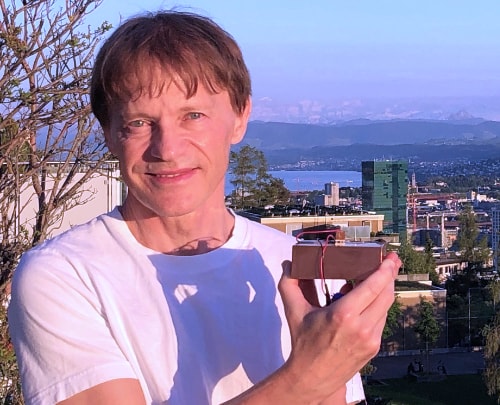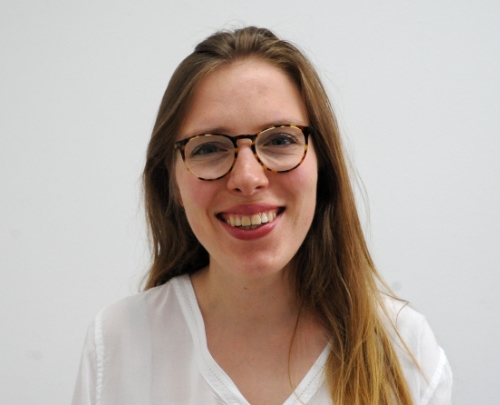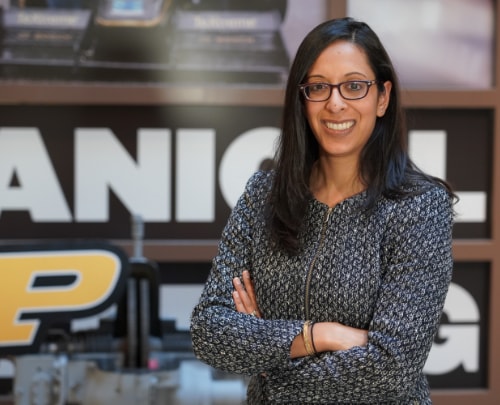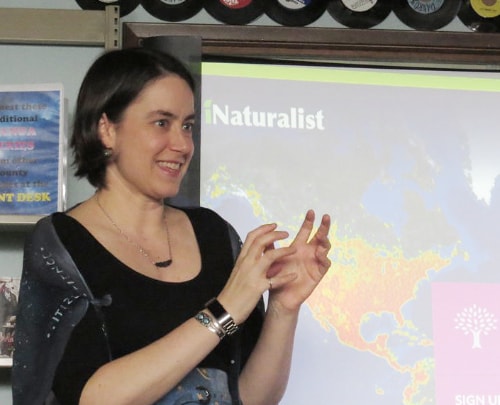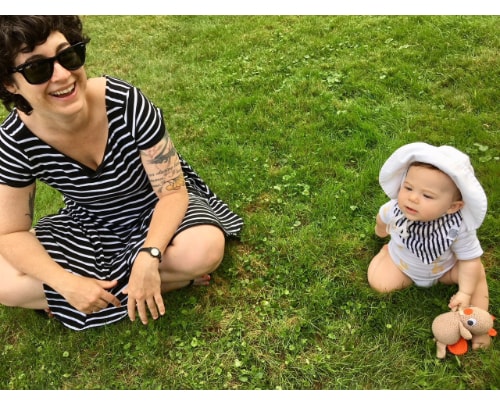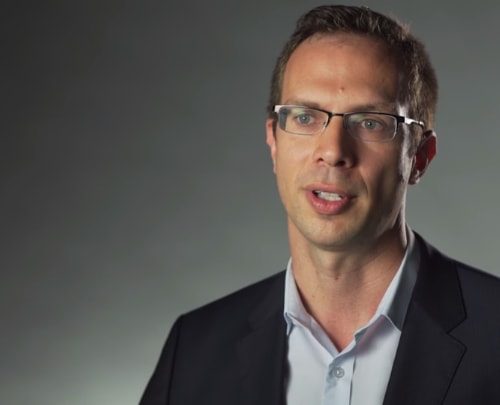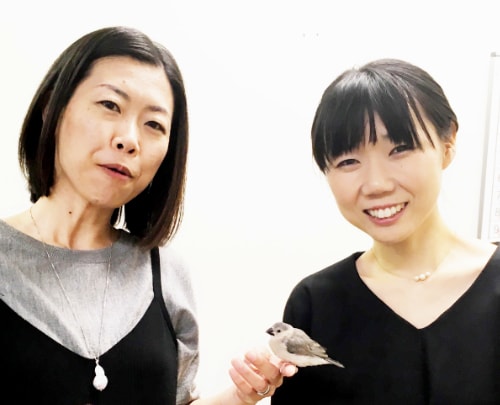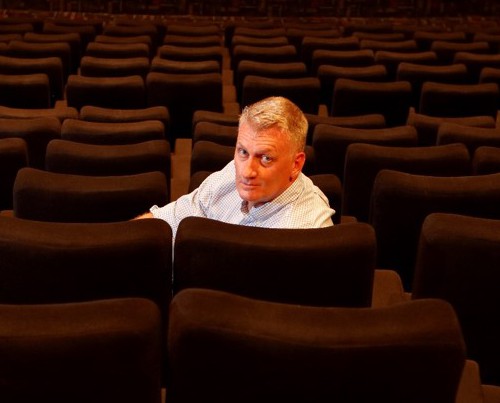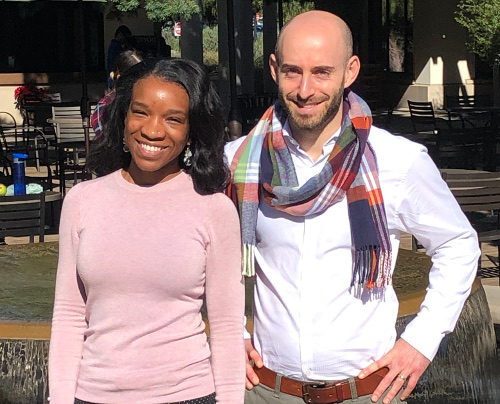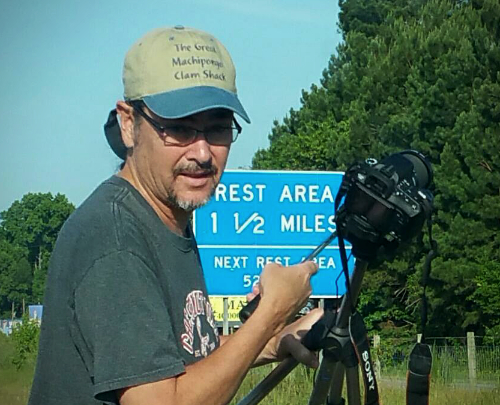25
Jun 2019
"Nothing in life is certain," writes MIT mechanical engineer Seth Lloyd, "except death, taxes and the second law of thermodynamics." But is this necessarily so? In episode 52, we're joined by Andreas Schilling with the University of Zurich, who discusses his development of an amazingly simple de......
16
Apr 2019
Are adolescents' technology use really related to depression, suicide and ADHD, or might it be no worse for kids than eating potatoes? In episode 47, Amy Orben from the University of Oxford discusses her explorations into how researchers' biases can influence their analysis of large datasets. Her ......
2
Apr 2019
Might enabling computational aids to "self-correct" when they’re out of sync with people be a path toward their exhibition of recognizably intelligent behavior? In episode 46, Neera Jain from Purdue University discusses in her experiments into monitoring our trust in AI's abilities so as to drive ...
19
Mar 2019
In episode 45, Liz MacDonald from the NASA's Goddard Space Flight Center, discusses in her research into STEVE, a previously unrecorded atmospheric phenomenon discovered by citizen scientists in late 2016 that appears as a ribbon of flickering purple and green light in the night sky. Her open-acce......
5
Mar 2019
To what extent could "coming out" be a useful analogy for the process of coming to identify as Deaf? In episode 44, Laura Mauldin from the University of Connecticut discusses her research into this question as detailed in her open-access article "'Coming out' rhetoric in disability studies: Explor......
19
Feb 2019
Whether intentionally or unintentionally, might the manipulation of statistics in marketing research be costing companies millions? In episode 43, Ron Berman from the University of Pennsylvania's Wharton School of Business discusses in his open-access article "p-Hacking and False Discovery in A/B ......
5
Feb 2019
Could birds' courting behaviors change when they're being watched? In episode 42, Masayo Soma from Hokkaido University discusses her research into monogamous songbirds which intensify their singing and dancing during courtship rituals – but only while in the presence of an audience of other birds....
22
Jan 2019
Might the chemicals we exhale while watching movies tell us about the emotional stress that we're experiencing? In episode 41, Jonathan Williams from the Max Planck Institute for Chemistry in Mainz, Germany discusses his research analyzing the gasses emitted in cinemas, as described in his article...
9
Jan 2019
Can cognitive biases and heuristics regarding race influence U.S. Supreme Court decisions? In episode 40, Jonathan Feingold and Evelyn Carter from the University of California, Los Angeles (UCLA) discuss the sometimes selective use of social science research by U.S. Supreme Court Chief Justice Wil...
25
Dec 2018
While we often associate archaeology with the study of cultures whose eras have long-since come and gone, artifacts from the recent past can tell us about culture as well. Part one of our conversation with P.J. Capelotti from Penn State University Abington concerned terrestrial archaeology. In par...

